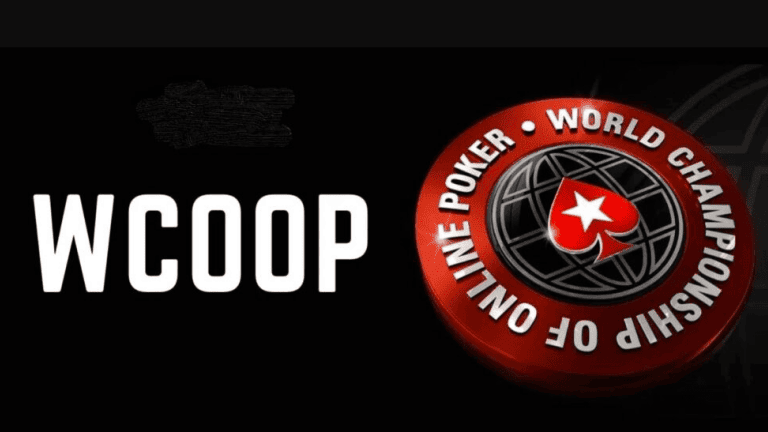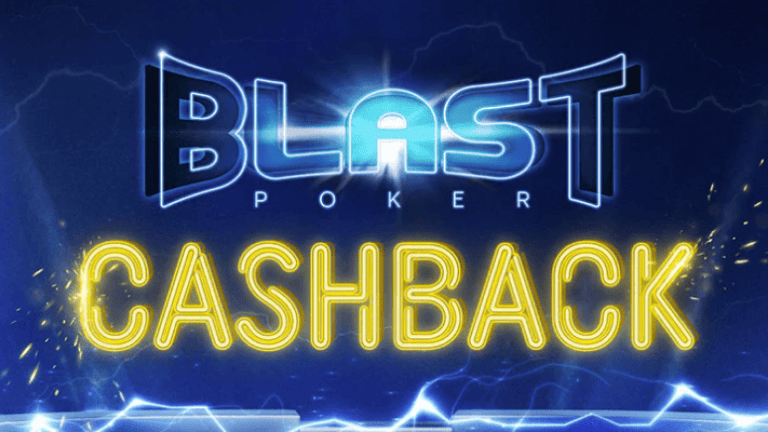Following the November elections, American legislature is currently in the lame-duck period, in which not too many laws are bound to pass, but Harry Reid is pushing to get the Internet Poker Law through before the Republicans (who are not known for their love for poker) take over.

"We'll know certainly by the end of next week whether Internet poker will be part of any package that passes," said Poker Players Alliance (PPA) executive director John Pappas. "Either it will be law or not by the end of next week."
Major concerns among poker players about Harry Reid’s efforts include the fact that he is highly influenced and supported by US casino interests (mostly in Nevada). The final version of the bill has not yet been made public, but this is promised to happen within the next 24 hours or so. One version of the bill has already leaked, though, and it contains projections that would be far from positive for poker players in the States.
Many existing websites would be granted licences, including Full Tilt Poker and PokerStars, probably being allowed to keep the levels of rake and reward programs, with the cost of a 20% tax, paid by the poker rooms in monthly payments after all deposits.
This is acceptable, but the main issue with the bill is, that in order to give time for casinos and new enterprises to create their software and websites on the market, the first licences woiuld only be provided after a 15-month blackout period, in which no US poker room would operate legally.

John Pappas
"It's not going to be 100 percent of what players want, though I don't know if any bill would be," Pappas said. "There's been a lot of compromise. We're dealing with a lot of powerful interests who don't necessarily have players' interests in mind. The PPA is one of the seats at the table, and we're fighting for every bit we can get."
For the professional players, this 15-month period would mean that they would be left without an opportunity to earn money, and many poker players have indicated, that, in this case, they would be moving to another country. The PPA is trying to get this ‘reboot time’ reduced.
"It doesn't make sense for the player or the industry," Pappas said. "I don't know why any new entrants into Internet gaming would want to come into an industry that has been decimated, or the players have all moved to truly unregulated sites, sites with no interest of ever being licensed. They might never win those players back to regulated sites. If someone is interested in operating an Internet gaming site, I'd think they would like to see a much smoother transition."
Another point causing uproar is the so-called three-year probation period. The main concept of this is, that in the first three years, US and non-US players would be separated from each other. American sites would not be allowed to accept non-US citizens, and PokerStars, for example, would have to open a new poker room for US citizens until the end of this period.
Pappas is asking players and PPA members to support the bill, because if the lame-duck period ends, the Republican majority might cause the total shutdown of online poker in the United States.
"There will probably be parts of this bill that people won't necessarily like and we'll want to lobby to correct," Pappas said. "We may have to fight to pass legislation to correct these issues subsequently. I think the most important thing is it will provide clarity and establish in the long term a licensed and regulated Internet poker marketplace. There will be Harrah's, new entrants like perhaps Google, Yahoo and Facebook, as well as existing operators. There will be a robust market with strong consumer protections and great competitive options for the players."















0 comments